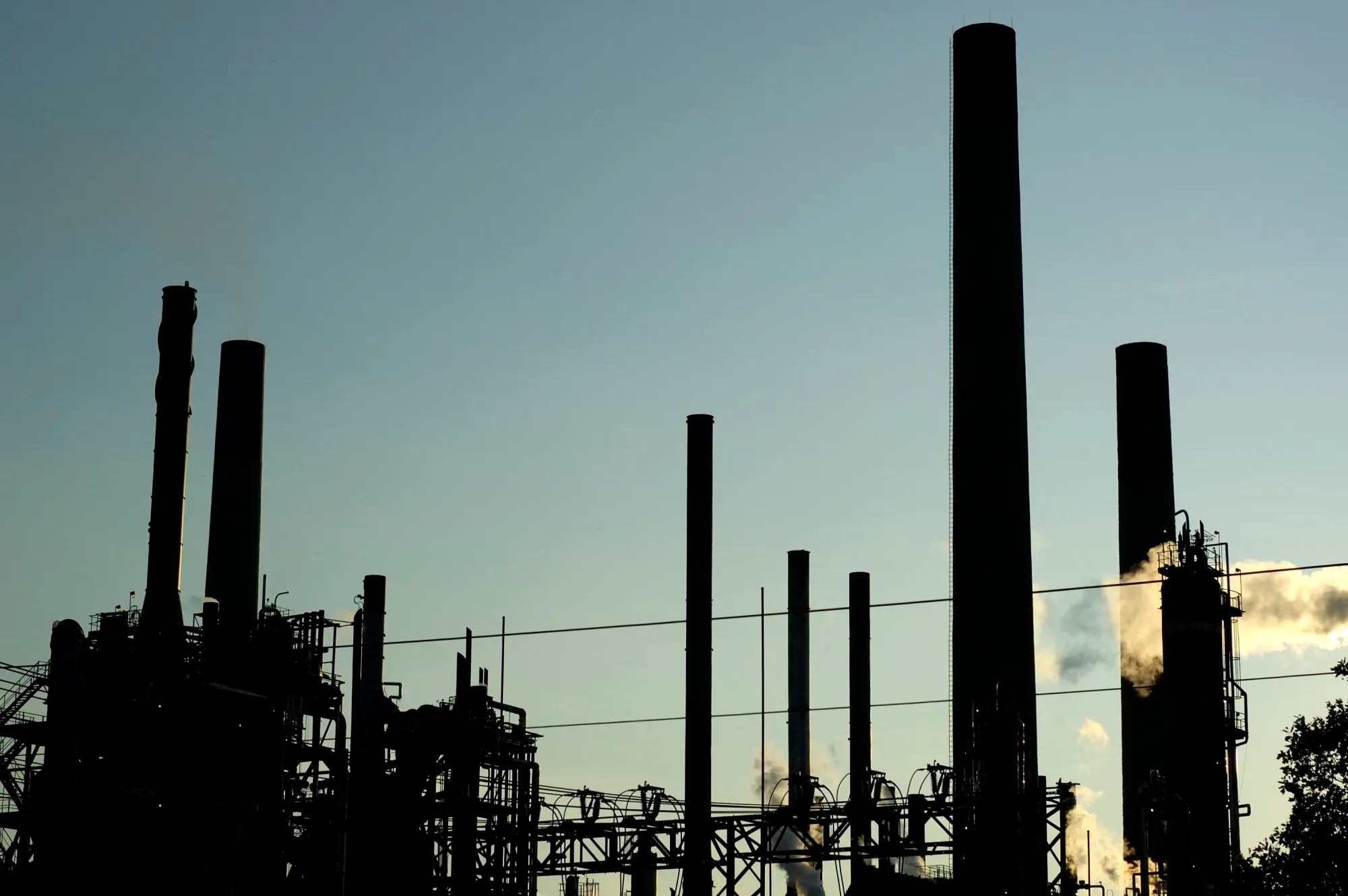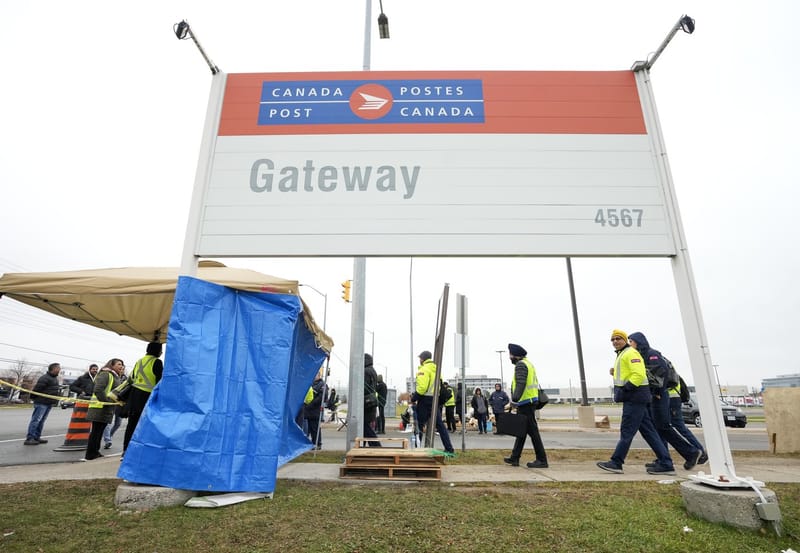Imperial Oil to pay hefty fine for 2021 oil spill that sickened residents
The fine, levied by the Ministry of Environment, Conservation and Parks, is the most substantial penalty under the Environmental Protection Act on public record since 2007.

Imperial Oil Ltd., one of Canada’s largest oil companies, has been ordered to pay $1.125 million by Ontario for a slop oil spill at its Sarnia, Ontario facility in April 2021, which caused illness among nearby residents. This fine, issued by the Ministry of Environment, Conservation and Parks, is the largest penalty under the Environmental Protection Act on record since 2007.
This action comes amid increased pressure from both provincial and federal governments to hold petrochemical companies in Sarnia accountable for pollution. The area, known as Chemical Valley, has 62 large industrial facilities within a 25-kilometre radius. Many residents, particularly those from Aamjiwnaang First Nation, which is surrounded by industry, have long expressed concerns that emissions are affecting their health.
Court records from the Ontario Court of Justice in Sarnia describe how a leak in a steam line at the Imperial Oil site led to the rupture of a nearby slop oil line, releasing 1,150 litres of slop oil on April 15, 2021. Slop oil, a byproduct made of crude oil, water, and waste solids, can contain contaminants like hydrogen sulphide, which can irritate the eyes, nose, throat, and lungs, and cause dizziness and headaches if released into the environment.
The spill was reported at 3:52 p.m. that day by a resident who contacted the Ministry’s Spills Action Centre, citing a strong odor and a headache. Members of Aamjiwnaang First Nation, located about a kilometre downwind, posted on social media about a “terrible” smell, comparing it to “burnt rubber.” Court documents state that a dozen people experienced symptoms such as eye, nose, and throat irritation, headaches, and nausea, which disrupted their daily activities and caused concern for their health.
Air monitoring conducted by Imperial Oil and the Ministry after the spill found no elevated levels of hydrogen sulphide, benzene, or gas vapours. Despite this, the Ministry charged Imperial Oil under the Environmental Protection Act, and on September 16, 2024, the company pleaded guilty to the charges. The court imposed a $900,000 fine, added a victim fine surcharge of $225,000, and gave Imperial 90 days to pay. The maximum fine for a corporation for such violations is $6 million for a first offense and $10 million for subsequent offenses. Imperial Oil, which reported $4.9 billion in net income for 2023, down from $7.34 billion in 2022, accepted the penalty.
The funds from the fine will go to Lambton County, where the spill occurred, rather than to Aamjiwnaang First Nation, which was directly affected by the odor. Chief Janelle Nahmabin of Aamjiwnaang First Nation commented, “When spills or environmental misfortunes occur in Chemical Valley, it’s obvious that residents of Aamjiwnaang First Nation are directly impacted.” She also noted that sharing fine proceeds with First Nations, as done in other parts of Canada, would benefit Aamjiwnaang, given the community’s ongoing environmental challenges.
The victim fine surcharge will be allocated to the Ontario Victims’ Justice Fund to support services for crime victims. Imperial Oil’s public affairs manager, Kristina Zimmer, expressed regret over the incident and confirmed that the company has revised its equipment maintenance plans to prevent similar occurrences in the future.
Aamjiwnaang First Nation has faced other environmental issues in recent times, including exposure to elevated levels of benzene, a carcinogen, from a nearby plant operated by INEOS Styrolution. This led to a state of emergency and an evacuation order. Some community members were relocated again this week due to renewed concerns over benzene exposure. INEOS has announced plans to shut down the plant by June 2026, stating that it did not breach emission limits during last spring’s incident.
Imperial Oil was previously fined $647,909 in 2021 for nine sulphur dioxide leaks that occurred two years earlier. In 2017, following an investigation by Global News into the health impacts of industrial spills on Aamjiwnaang, the Ontario government initiated a multi-million dollar health project. The final report, released earlier this year by the Sarnia Area Environmental Health Project, found an increased risk of cancer, particularly leukemia, due to air pollution exposure and noted that acid gas flaring can worsen health issues for people with respiratory conditions.





